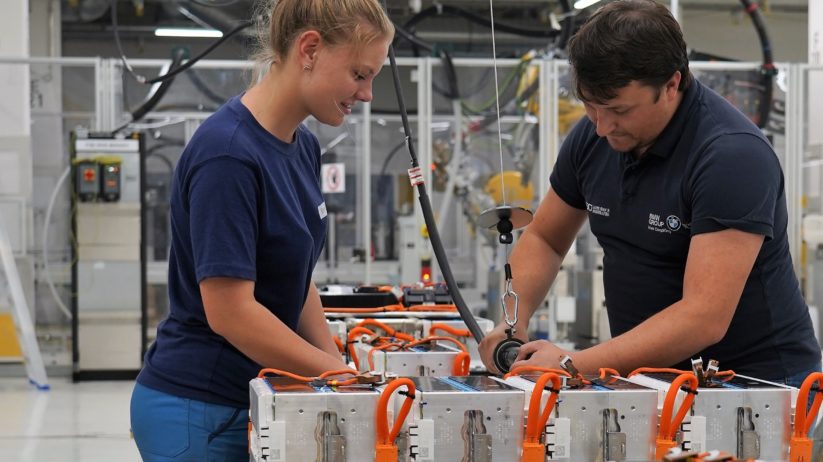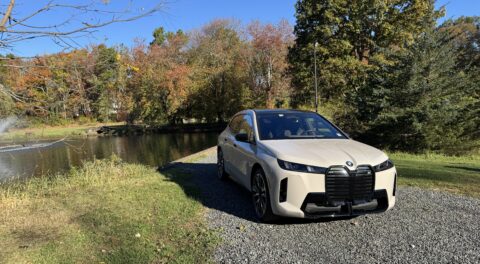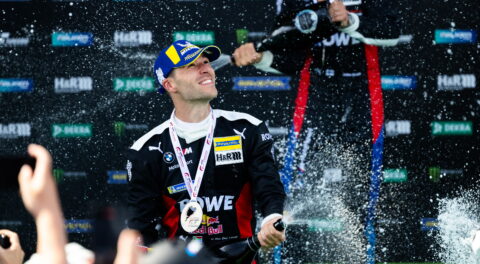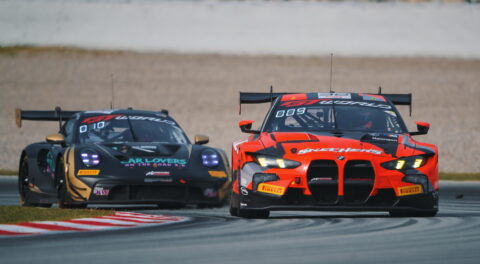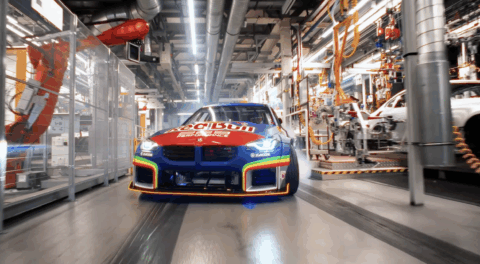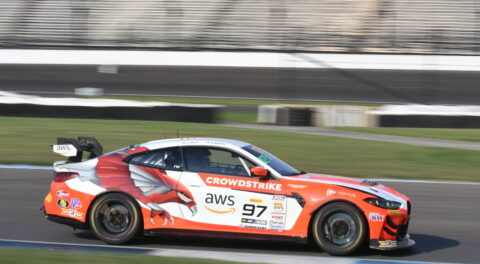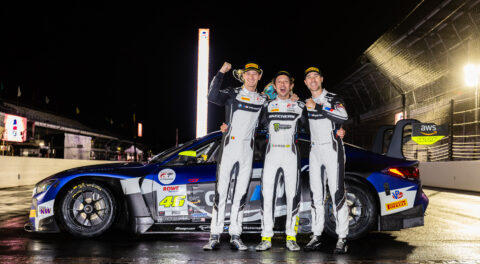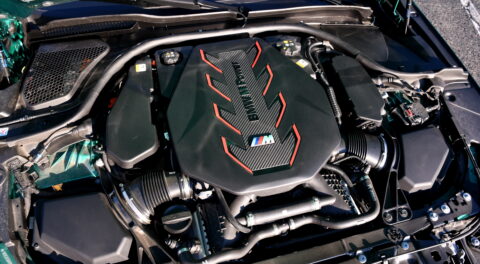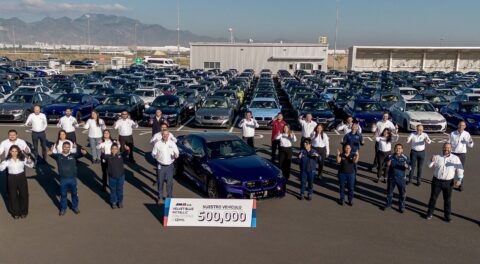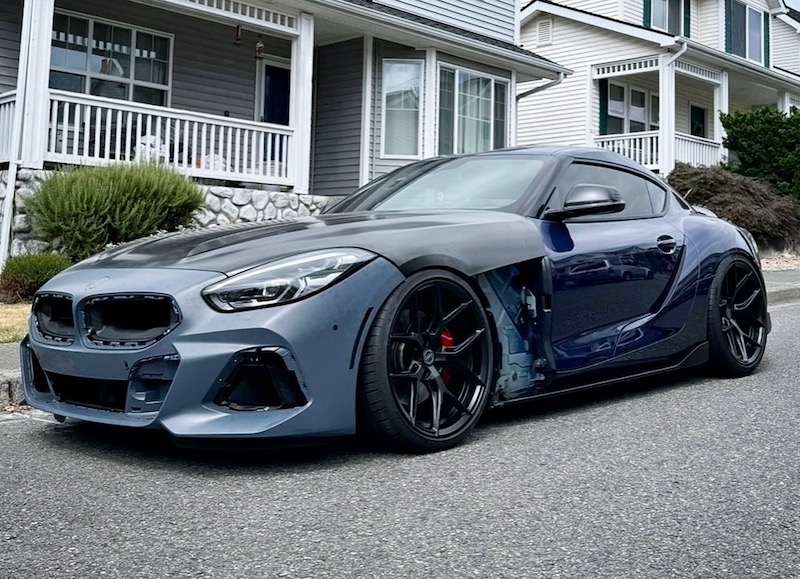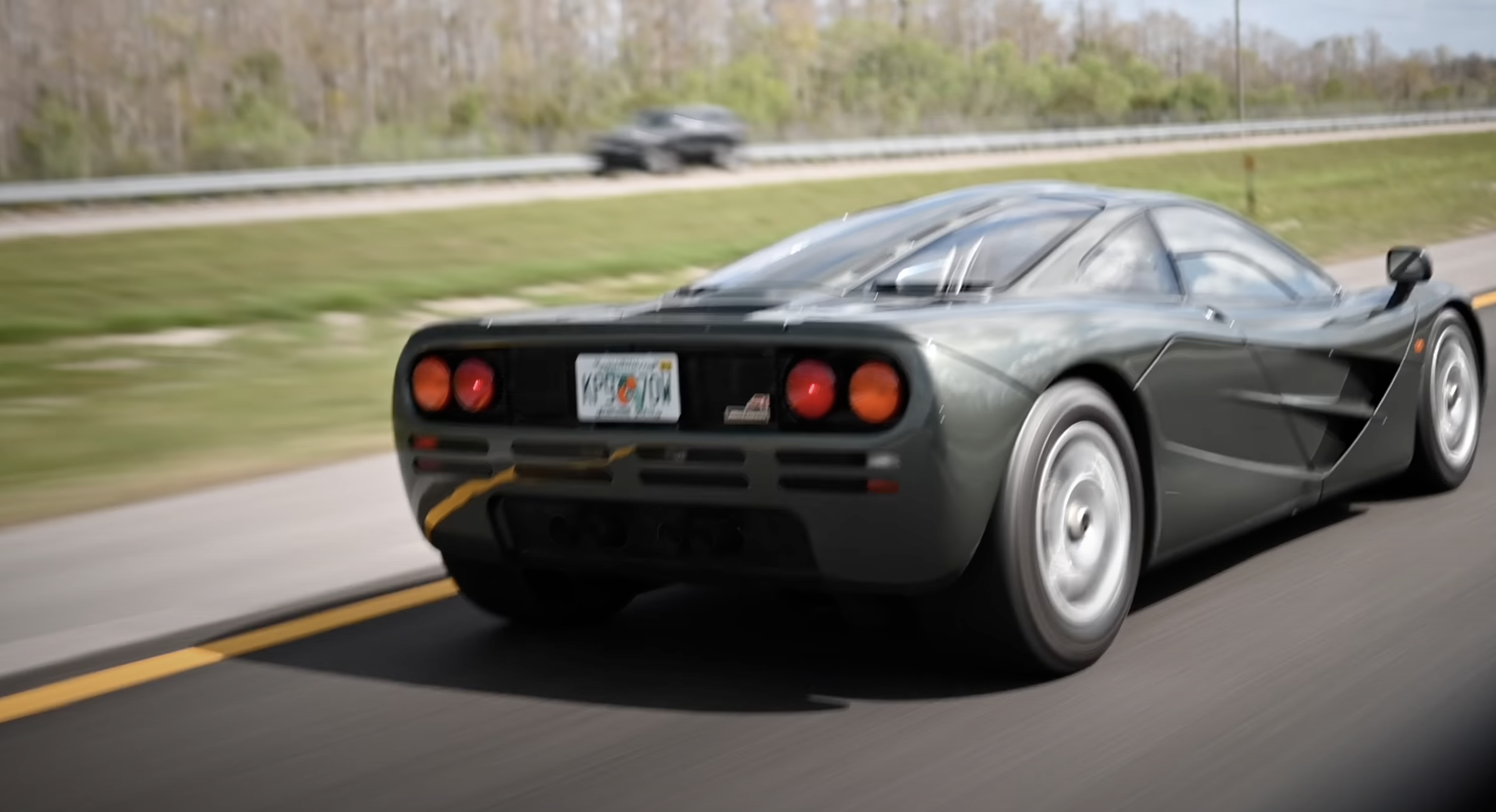In line with growing expectations and established plans, BMW is accelerating its EV drivetrain production plans at Group Plant Dingolfing ahead of schedule. It’s all to keep pace with BMW’s electrified offensive, which is currently in the midst of playing out with 25 different hybrid, EV, and other alternative energy vehicles slated to be unveiled by 2023. If you’ve been keeping up with our articles on the subject, you’ll know that 2023 is two years ahead of the previous 2025 goal to have 25 models with electrified drivetrains on the market. With that in mind, the latest developments at Dingolfing only makes sense.
By the end of this year, staff dedicated to assembling electric motors at the plant will grow from 600 to more than 1,400, and before long, 2,000. It’s not just motors, as the amount of modules required for the manufacturing of high-voltage batteries will also double from last year. In terms of square footage, the retooling and large-scale hiring will occupy a space that is set to grow from 86,000 square feet to over 860,000. It’s all for vehicles like the 330e, X5 xDrive45e, X3 xDrive30e, iX3, i4, MINI Cooper SE, and so many others you can read about here on BimmerLife.
BMW Group Plant Dingolfing is among the crown jewels in the automaker’s expansive global manufacturing network, and has been producing batteries since 2013, when the i3 first went on sale. Over the past seven years, things been perpetually upgraded, improved, and advanced, and preparations for production BMW’s fifth-generation eDrive technology is slated to commence later in 2020. Fifth-generation eDrive electrical motors boast the advantage of not necessitating the use of rare-earth metals in their production, thus avoiding the problematic issue of sourcing the resource from China, who controls the market.
BMW has not disclosed the costs associated with this latest expansion at Dingolfing, but the company is sinking serious money into the plant ahead of iNext production.—Alex Tock
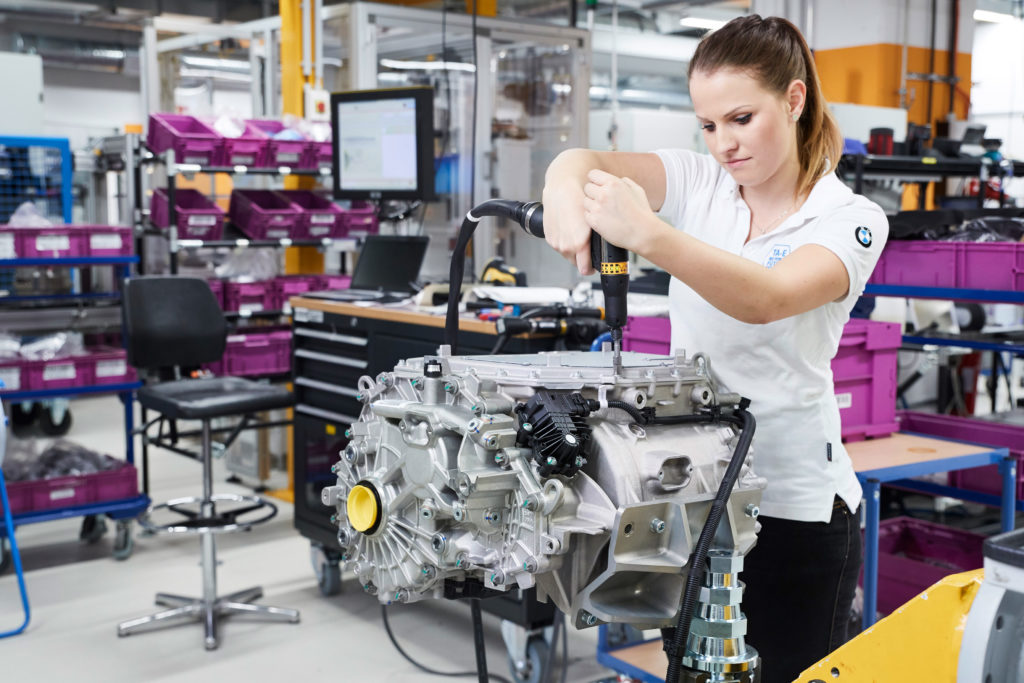
[Photos courtesy BMW AG.]

